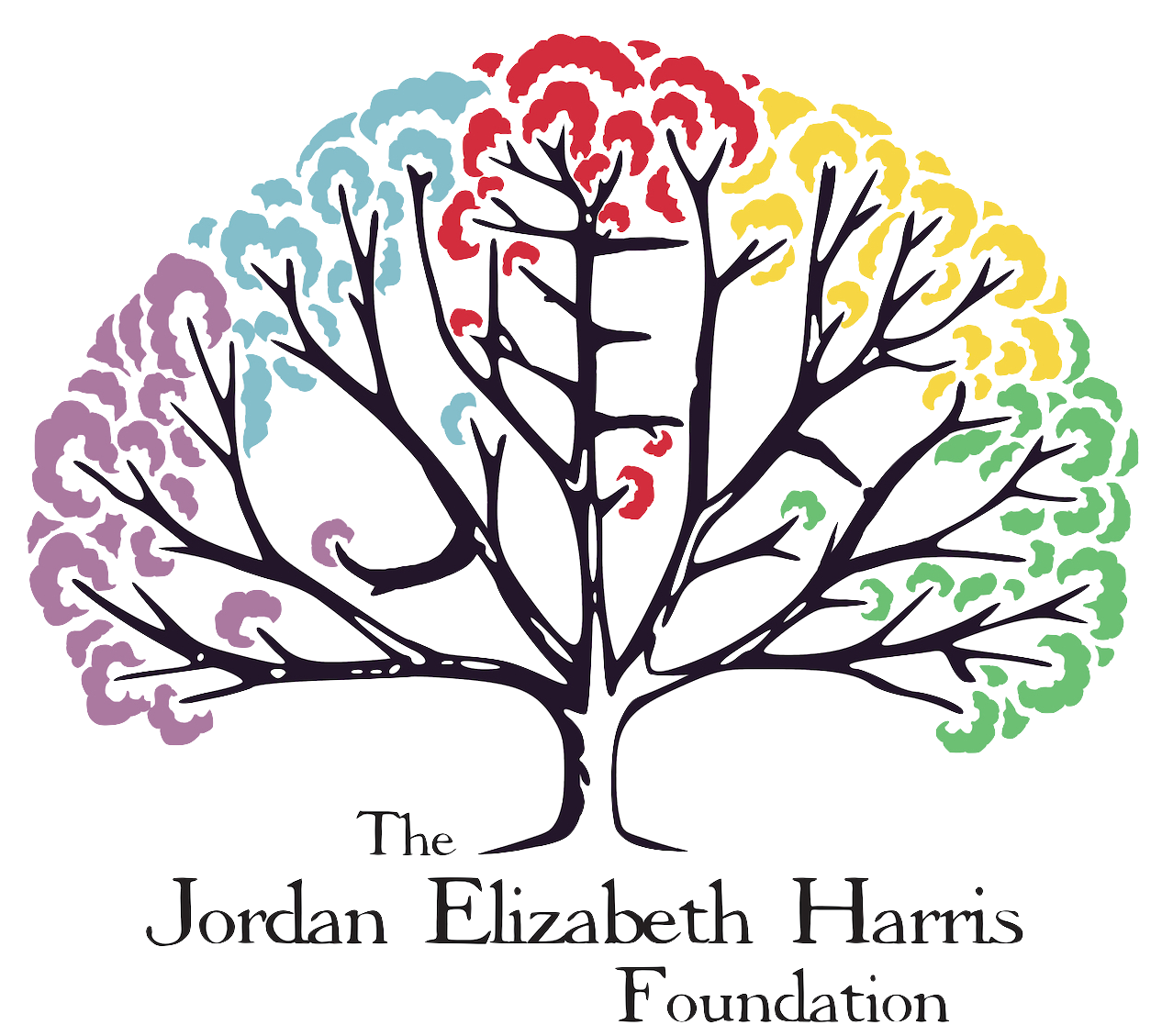As much as I would love to pretend otherwise, I’m one of those Texans that happened to be born in a different state. Being from somewhere else can give you a unique view of a place; elements that people tend to take for granted because of how they were raised stand out to the outsider.
One of my roommates from college is a Professor at UT, and he told me about a study that he had participated in where the researchers measured a person’s “Texasness”. The summary was they had people talk about Texas or a different subject, and then served them an all you can eat steak dinner. People who had been primed by talking about Texas ate significantly more steak than those who were primed with a different topic. It might seem silly, but the simple fact is that the context around us does affect our actions – whether we are conscious of it or not.
The context people like me are facing (and I’m speaking now as a white male, not just a Texan) is that I’m a member of the largest subgroup that is affected by suicide. Last year, 70% of suicides in this country occurred in white males. And while we’ve got a lot of various theories as to why this is, we will stick to facts: the majority of people who die by suicide never meet with psychiatric care or tell their health care provider that they are suffering. (1)
That’s why the program team here at The Foundation, led by Kristi Wiley, developed The Buck the Stigma campaign. We wanted to take a humorous look at some of the myths about tough guy mental health and open up a forum where people could have a conversation about the things that are difficult in their lives. We’d love to immediately get everyone who watches these videos and needs help into a therapist’s office, but we’re also realistic – the majority aren’t going to go, because they haven’t ever gone. With that in mind, the first way forward has to be creating better structures in our communities, businesses, schools and families so there is at least an opportunity to talk about mental health.
I recently asked one survivor if part of the stress of depression was constantly having to lie to people in his life and pretend to be okay. “I never had to lie,” he replied, “because no one actually asked how I was doing.”
Buck and Bill aren’t real. They are both exaggerations of concepts that we hope people will relate to – but whether you watch these and identify with Buck or Bill, the final course of action is the same: you’re either in a position where you can give help, or you need help, and no one should be ashamed about either.
As for me, I’ve been in both saddles (total metaphor; like I said, I got here as quick as I could). I know what it’s like to feel overwhelmed, to feel like a fraud, and to think that I was the only person to have those feelings and failures. When you’re in that situation, you can’t just rub dirt on it. You can’t stand there alone. But in those moments, it is also almost impossible to figure out who you’re going to turn to or how you’re going to do it.
And that’s why it is critical that if you are in a position to help others that you ask the next question – what do you mean you had a rough night? Why would you say never mind after telling me you’re struggling? What do you mean when you say “I’m fine.”?. Maybe even more importantly, that you ask the question at all: here at The Foundation, we really think that if you want to help someone, you have to be willing to mean it when you say, “How are you doing today?”
The Foundation provides fundamental training in suicide prevention through QPR (Question, Persuade and Refer), and we hope that if you’re learning about The Foundation for the first time, you go through this course. It can be done in as little time as an hour, and it will give you the tools to save a life. It is a reminder that suicide prevention can be done by anyone – it’s not easy, but it also isn’t complicated.
To do those things, however, we do need you to take the first step. We know these aren’t easy topics to discuss, but that’s why we hope that you’ll help us Buck the Stigma and support each other during Suicide Prevention Awareness Month.
1. Tang S, Reily NM, Arena AF, Batterham PJ, Calear AL, Carter GL, Mackinnon AJ, Christensen H. People Who Die by Suicide Without Receiving Mental Health Services: A Systematic Review. Front Public Health. 2022 Jan 18;9:736948. doi: 10.3389/fpubh.2021.736948. PMID: 35118036; PMCID: PMC8804173.

